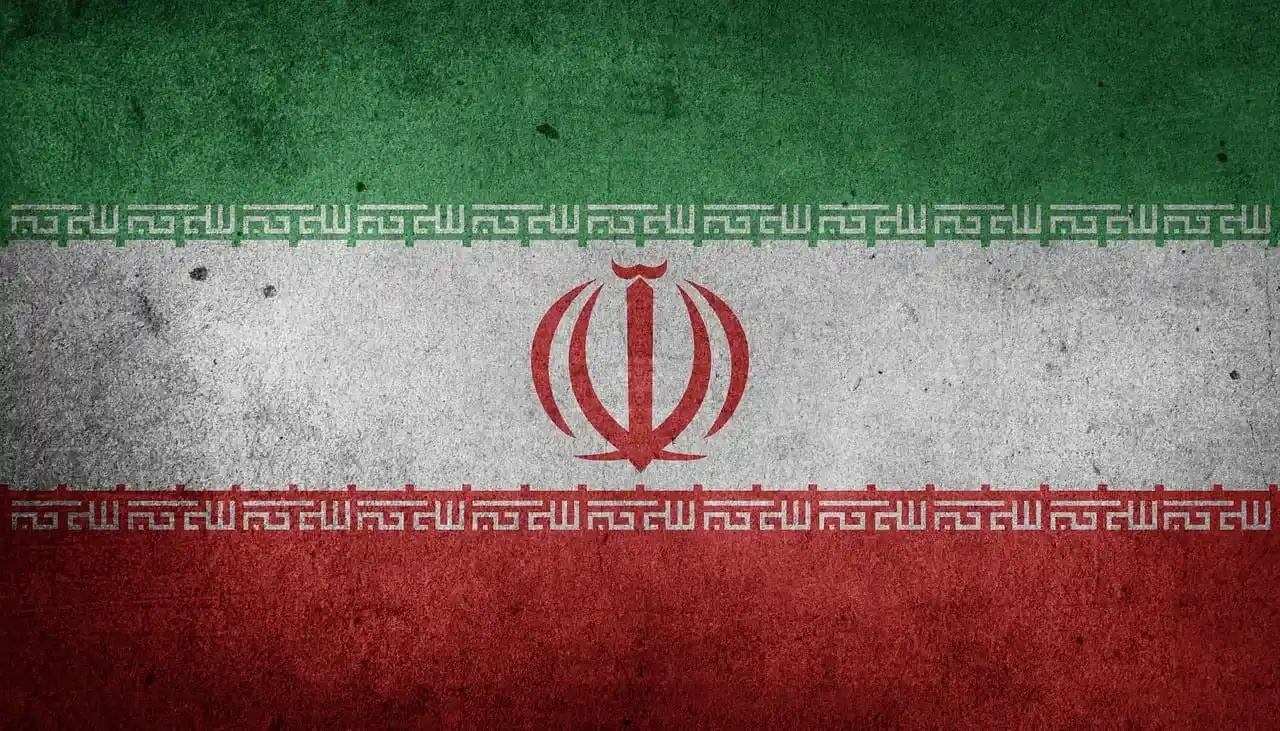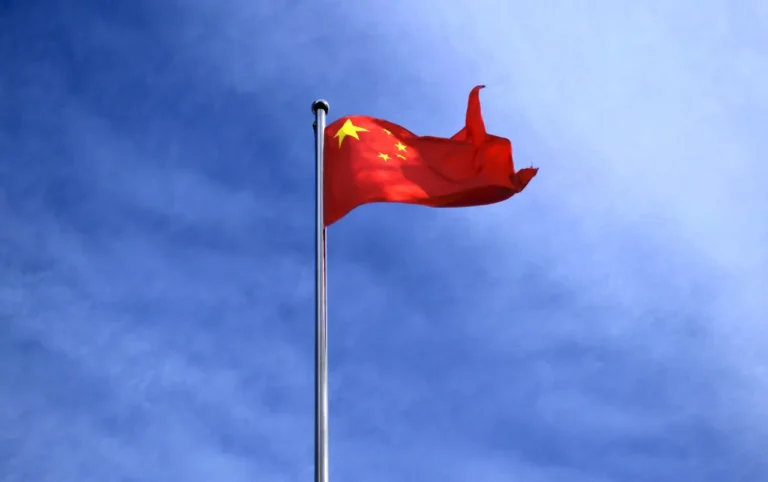Iran lifts ban on WhatsApp and Google Play, Indicating shifts in internet policy

In a surprising development, Iran has lifted its ban on Meta’s messaging platform – WhatsApp and Google Play, marking a first step towards scaling back its strict internet controls. According to Iranian state media reports, the decision was announced on Tuesday, with the country’s official IRNA news agency confirming the vote by Iranian authorities to ease restrictions on these popular foreign platforms. The move signals a potential shift in Iran’s approach to online censorship, a matter that has been central to the nation’s strict internet policies.
Iran is known for having some of the most stringent internet controls globally, with government authorities regularly blocking access to platforms such as Facebook, X (formerly Twitter), and YouTube. However, despite these restrictions, many tech-savvy Iranians use virtual private networks (VPNs) to bypass these blocks and access censored content. The decision to lift the ban on WhatsApp and Google Play follows mounting pressure from within the country and internationally to ease such controls.
Iran Lifts WhatsApp Ban
The vote, which took place during a meeting headed by President Masoud Pezeshkian, received a positive majority from Iranian lawmakers. Sattar Hashemi, the Minister of Information and Communications Technology, was quoted by IRNA as stating, “Today the first step in removing internet limitations has been taken.” However, the timing of when the decision will take full effect remains unclear.
ALSO READ: American Airlines grounded all US flights for an hour on Christmas Eve – Here’s Why?
The lifting of these bans comes at a time when social media platforms have played a critical role in organizing anti-government protests across Iran. In recent years, citizens have increasingly relied on these platforms to communicate and mobilize during periods of unrest, despite the government’s attempts to restrict their use. In light of this, the United States has called on Big Tech companies to help bypass online censorship in countries like Iran, where the internet is heavily controlled.
While the move has been welcomed by many, it has also sparked debate within Iran. Critics of the restrictions argue that the internet controls have been costly for the country, while others fear that lifting the bans could further undermine the government’s authority. This shift in policy coincides with other notable changes in Iran. Just days ago, on December 18, Iran halted the implementation of a newly approved law (passed by the Iranian parliament in September 2023) that would impose stricter penalties on women who refuse to wear the hijab in public. But interestingly, it has faced opposition even from President Pezeshkian as he is seen as an advocate for easing tensions and restarting talks with the West amid sanctions tied to Iran’s nuclear program.








